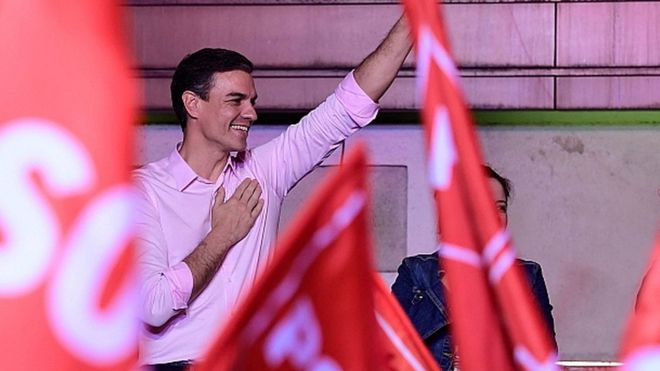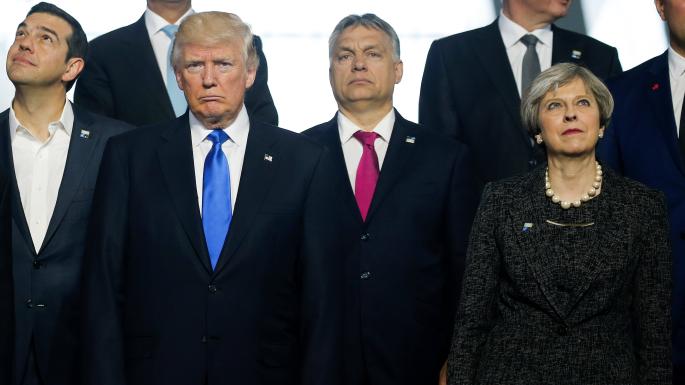by Lauren Smith | Jul 31, 2020 | University of California, Davis
World War II is regarded as the deadliest war in history, showing the abominable consequences of totalitarian regimes and establishing global tensions that still exist today. The war ended more than 70 years ago, and yet political scientists still theorize about what...
by Leilani Chew | Feb 13, 2020 | Boston University
Many consider National Front leader Marine Le Pen’s loss of the 2017 election a victory for the preservation of French democracy, as she is widely considered an anti-democratic populist. By Levitsky and Ziblatt’s standards, populist leaders are characterized by some...

by David Couto | May 18, 2019 | Sacramento State University
Since Portugal renewed it’s democracy in 1976, economic instability and government ineffectiveness have plagued the country. Leaders and government change often while progressive legislation is rare. Three factors have prevented successive Portuguese...

by Aliza Oppenheim | May 7, 2019 | University of Chicago
The winner of Spain’s recent general election claims that his party “sent a message to the world that it’s possible to win against regression and authoritarianism.” Spain’s election was held on April 28th, after Prime Minister Pedro Sánchez called for new elections...

by Selena Spencer | Apr 29, 2019 | University of Chicago
This piece argues against Francis Fukuyama’s famous piece “The End of History”. In February 1989 at the University of Chicago in room 122 of the Social Science Research Building, Francis Fukuyama gave a speech about the state of international...





